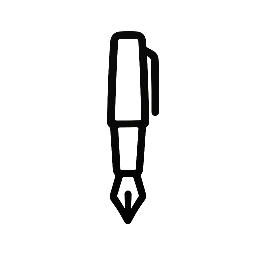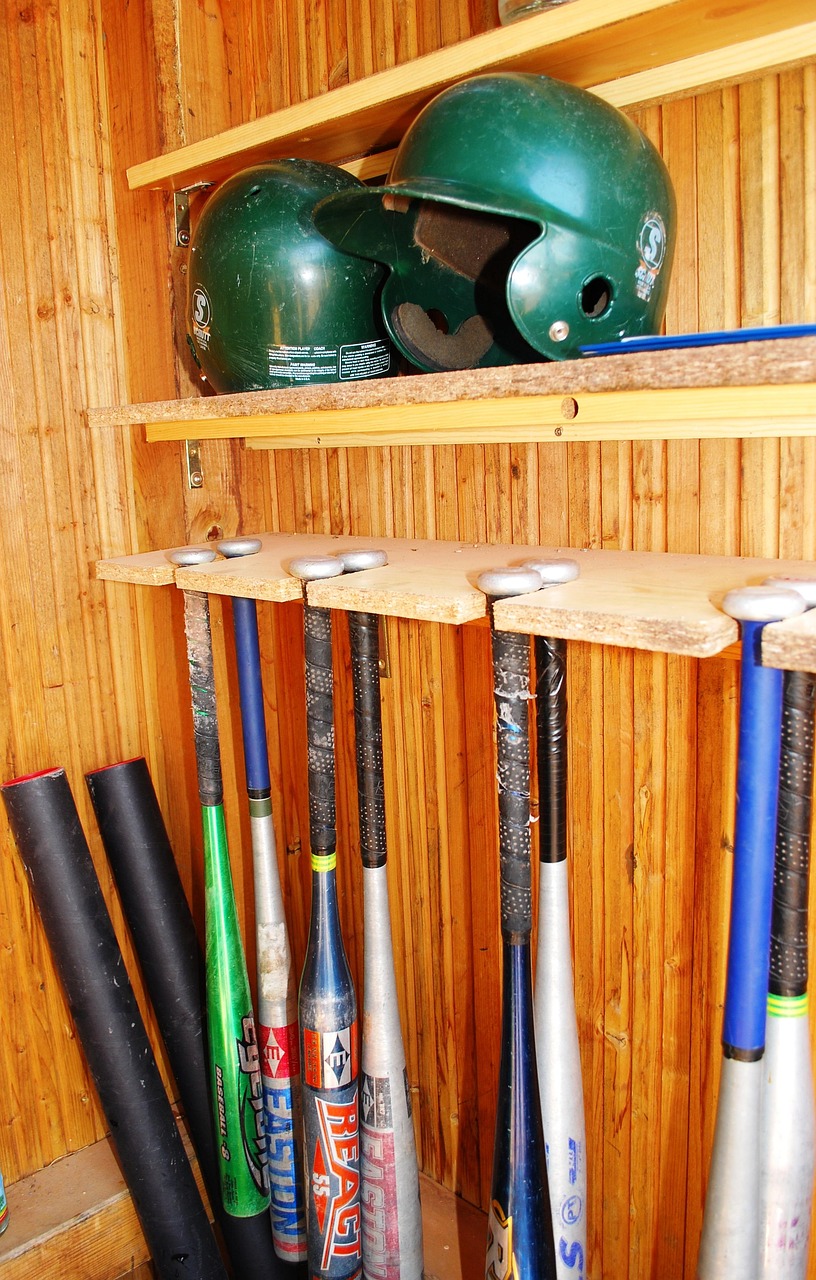Wood Bat Company specializes in crafting high-quality wood baseball bats for players at all levels. They focus on combining traditional craftsmanship with modern technology to create durable, well-balanced bats. This approach appeals to athletes seeking performance and reliability in their equipment.
The company offers a variety of woods and bat styles tailored to different player preferences. It emphasizes direct customer engagement, allowing buyers to select custom options that suit their hitting style.
By providing both amateur and professional players with premium wood bats, Wood Bat Company positions itself as a trusted source in the baseball community. Their dedication to quality and customization makes them a notable choice for serious hitters.
About Wood Bat Companies
Wood bat companies focus on crafting high-quality, durable bats suited for various levels of baseball and softball play. Their expertise lies in selecting the right materials, adhering to industry standards, and evolving designs to improve performance and safety.
History and Evolution of Wood Bat Manufacturing
Wood bat manufacturing began in the late 19th century when baseball first gained popularity in the United States. Early bats were handmade from local hardwoods, with little standardization.
Mass production emerged in the early 20th century, introducing machine-shaping and quality controls. Innovations like laminated handles and thinner walls improved strength and balance.
Recent decades saw a focus on performance and sustainability, with companies experimenting with new wood treatments and eco-friendly sourcing. The industry remains rooted in traditional craftsmanship while integrating modern technology to enhance consistency.
Types of Wood Used
Most wood bats are made from maple, ash, or birch. Each wood type offers distinct features affecting bat performance.
- Maple: Dense and hard, it provides power and durability but can be heavier.
- Ash: Known for its flexibility and lighter weight, favored for better swing speed.
- Birch: Combines hardness and flexibility, offering a balanced hitting experience.
Some companies experiment with bamboo, which is technically a grass, prized for its strength and sustainability. The choice of wood impacts bat weight, feel, and longevity.
Certifications and Industry Standards
Wood bat companies must comply with several certifications and standards to ensure safety and fairness in play.
The BBCOR certification governs bats used in high school and collegiate leagues, requiring a maximum performance coefficient. Youth leagues often require bats to meet USA Baseball standards, which emphasize reduced trampoline effect.
Many manufacturers also participate in independent testing to verify weight distribution, durability, and wood quality. Labels on bats indicate compliance and provide details like length, weight, and wood type for consumer transparency.
Choosing the Right Wood Bat Company
Selecting a wood bat company requires attention to material quality, manufacturing precision, and brand reputation. Personalization options and product variety also play significant roles in meeting player needs.
Factors to Consider When Selecting a Manufacturer
The type of wood used is crucial; most companies offer maple, ash, or birch, each affecting performance and durability differently. How the wood is treated—whether kiln-dried or air-dried—impacts the bat’s strength and lifespan.
Manufacturing consistency ensures each bat meets specific standards for weight, balance, and length. Checking for certifications like BBCOR or USSSA compliance guarantees the bat is approved for league play.
Customer reviews and warranty policies provide insight into reliability. A company with transparent return policies and clear craftsmanship guarantees often indicates higher confidence in their products.
Customization and Personalization Options
Many wood bat companies offer options to engrave names, logos, or custom artwork on bats. This feature appeals to players seeking unique gear or gifts.
Customization often extends to bat specifications, including weight drop, barrel diameter, and handle thickness. Some brands provide tailored bats based on player height, weight, and hitting style for optimal fit.
Turnaround times for personalized orders vary, so buyers should verify production duration before committing. Some companies charge extra fees for added personalization, which should be considered in the budget.
Popular Brands and Their Offerings
Louisville Slugger is well-known for offering various wood types and professional-grade bats. They provide extensive customization and maintain high quality control.
Marucci specializes in premium maple and ash bats, favored by many college and professional players. Their bats emphasize balance and performance with detailed craftsmanship.
Victus offers competitive pricing alongside customizable options. Their bats combine traditional design with modern technology, appealing to a broad range of players from amateurs to pros.


Leave a Reply